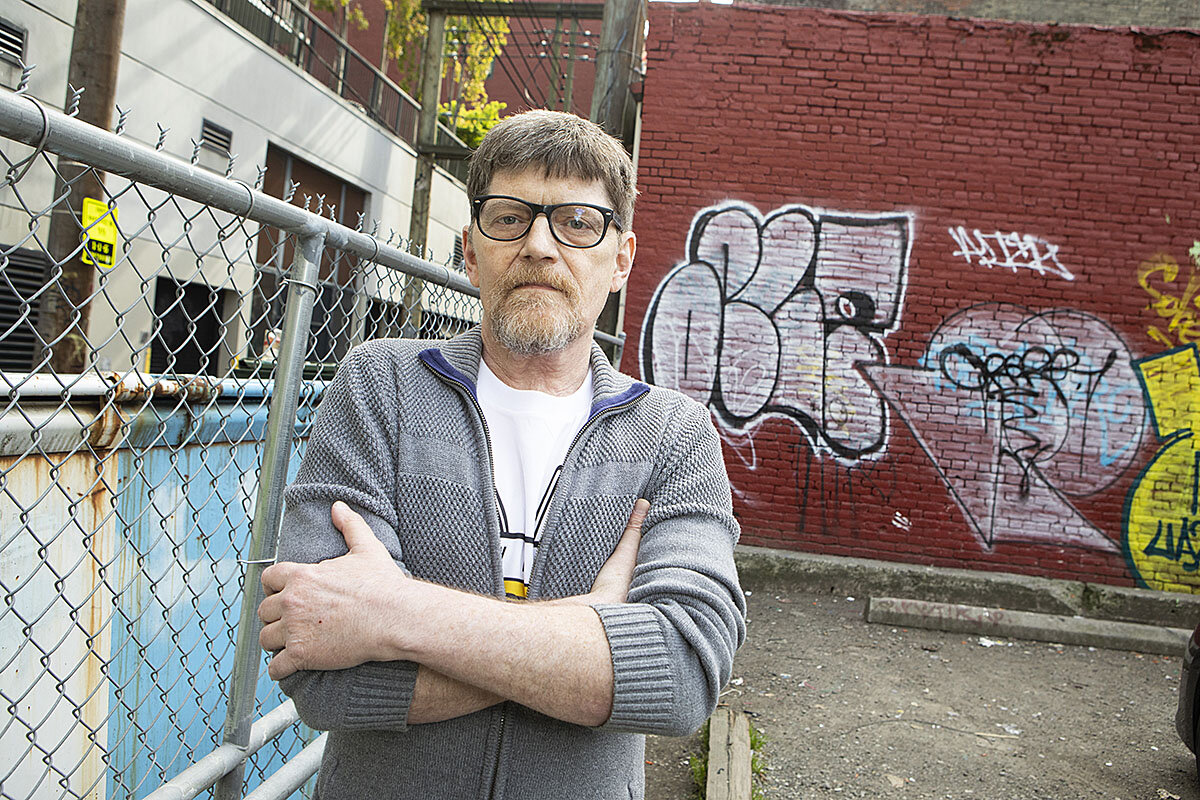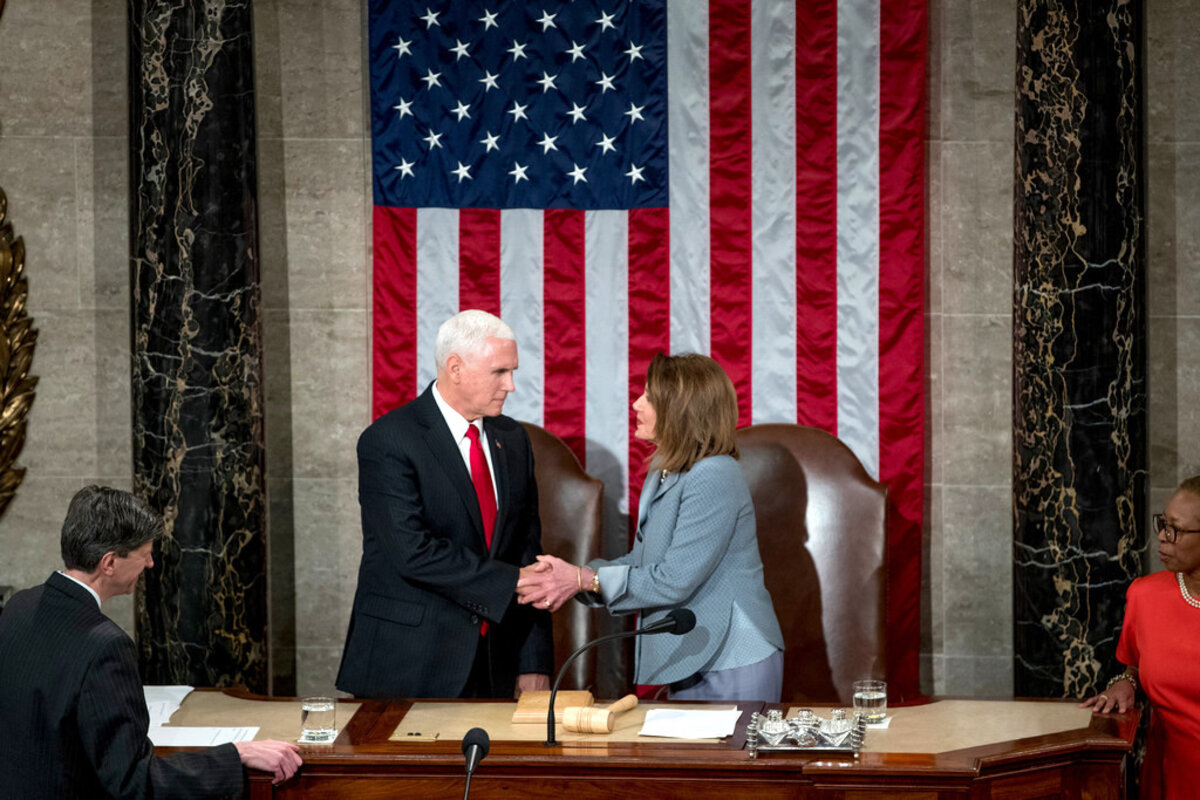Traditional ideals of masculinity may be making men more vulnerable to the sort of thinking that leads to fatal drug overdoses. Officials in Vancouver are building their prevention plans around that theory.
Monitor Daily Podcast
- Follow us:
 Peter Ford
Peter Ford
Two months to the day after a gunman killed 51 Muslim worshippers in New Zealand, Prime Minister Jacinda Ardern comes to Paris to launch what she is presenting as the “Christchurch Call.”
There was something particularly horrific about the March massacre: The alleged murderer livestreamed his atrocity on the internet so it would go viral. The Christchurch Call, named for the city where the massacre was perpetrated, is aimed at eliminating such violent extremist content from spreading online.
Ms. Ardern is hoping to persuade governments to pass laws banning objectionable material, and she wants the big tech companies – such as Facebook, Twitter, and Google – to tweak their algorithms to direct users away from extremist and terrorist material.
In some parts of the world, that rings free speech alarm bells, and the United States administration, for example, is not expected to sign on. But Ms. Ardern’s authority and credibility on this issue are grounded in her displays of good faith.
She seized the world’s attention, and won widespread respect, with the way she expressed her nation’s grief after the massacre and consoled its victims and their families. Her humanity gave extra force to her condemnation of the atrocity.
Now, she is well placed to take the lead on the delicate issue of internet restrictions precisely because of her reputation for sincerity.
The fact that the massacre happened in New Zealand, she said in a video explaining the Christchurch Call, means “we have a reluctant duty of care” in the matter, “a responsibility that we have now found ourselves holding.”
Now for our five stories of the day, including the Monitor’s first foray into stop motion animation.









